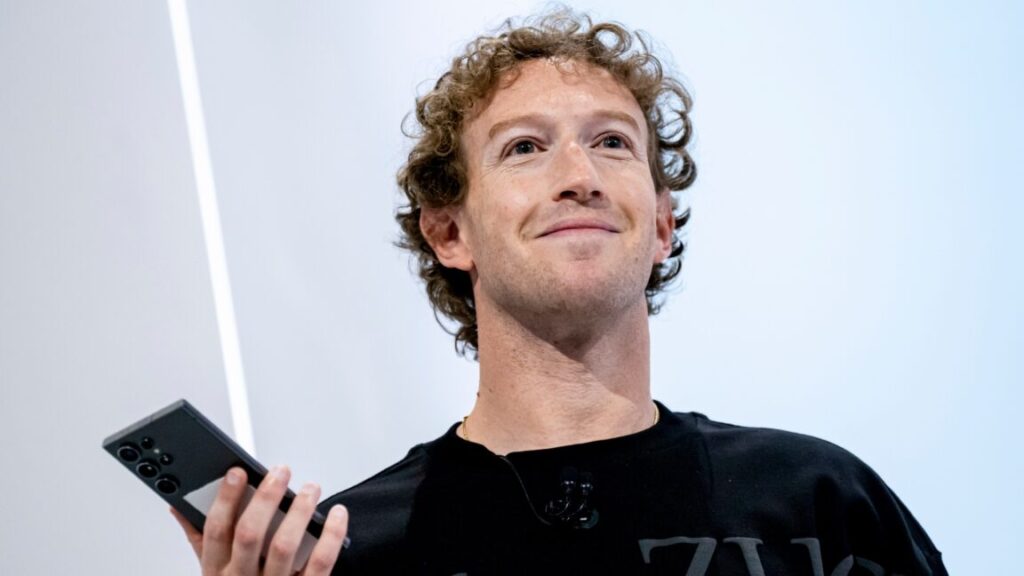Meta announced today that it’s ending the third-party fact-checking program it introduced in 2016, and will rely instead on a Community Notes approach similar to what’s used on Elon Musk’s X platform.
The end of third-party fact-checking and related changes to Meta policies could help the company make friends in the Trump administration and in governments of conservative-leaning states that have tried to impose legal limits on content moderation. The operator of Facebook and Instagram announced the changes in a blog post and a video message recorded by CEO Mark Zuckerberg.
“Governments and legacy media have pushed to censor more and more. A lot of this is clearly political,” Zuckerberg said. He said the recent elections “feel like a cultural tipping point toward once again prioritizing speech.”
“We’re going to get rid of fact-checkers and replace them with Community Notes, similar to X, starting in the US,” Zuckerberg said. “After Trump first got elected in 2016, the legacy media wrote nonstop about how misinformation was a threat to democracy. We tried in good faith to address those concerns without becoming the arbiters of truth. But the fact-checkers have just been too politically biased and have destroyed more trust than they’ve created, especially in the US.”
Meta says the soon-to-be-discontinued fact-checking program includes over 90 third-party organizations that evaluate posts in over 60 languages. The US-based fact-checkers are AFP USA, Check Your Fact, Factcheck.org, Lead Stories, PolitiFact, Science Feedback, Reuters Fact Check, TelevisaUnivision, The Dispatch, and USA Today.
The independent fact-checkers rate the accuracy of posts and apply ratings such as False, Altered, Partly False, Missing Context, Satire, and True. Meta adds notices to posts rated as false or misleading and notifies users before they try to share the content or if they shared it in the past.
Meta: Experts “have their own biases”
In the blog post that accompanied Zuckerberg’s video message, Chief Global Affairs Officer Joel Kaplan said the 2016 decision to use independent fact-checkers seemed like “the best and most reasonable choice at the time… The intention of the program was to have these independent experts give people more information about the things they see online, particularly viral hoaxes, so they were able to judge for themselves what they saw and read.”


